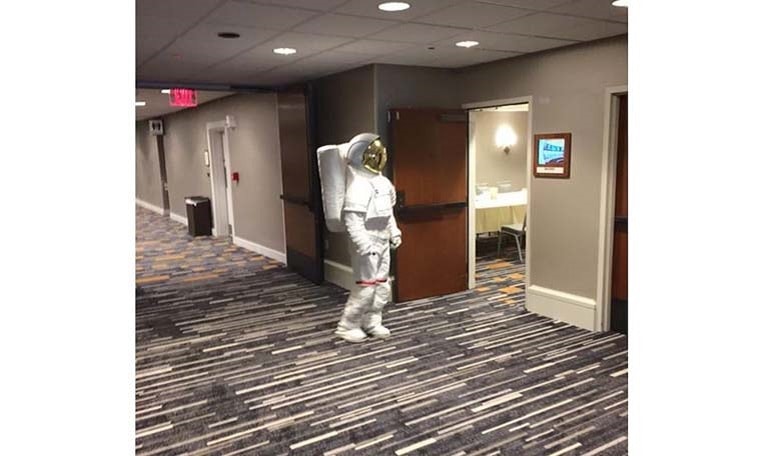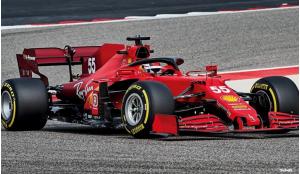BOSTON – While star power came to the fourth annual International Space Station Research and Development Conference this week, many of the issues under discussion focused on public awareness of the ISS, the impact of its work on life on Earth, and where exploration and research will occur once the station shuts down, currently planned for 2024.
A talk with Elon Musk, the man behind Tesla, SpaceX, and the Hyperloop, kicked off the conference’s first full day on Tuesday. The topic that opened the conversation was the 28 June explosion of the SpaceX CRS-7 unmanned rocket.
Musk spoke frankly when time was needed before they could come to any firm conclusion about the cause.
“Whatever happened is clearly not a simple, straightforward thing,” Musk told the audience. “We want to spend as much time as possible just reviewing the data ... and just seeing what feedback everyone has based on their prior experience to see if we can get to what the most likely root cause is.”
Despite the setback, Musk indicated that the results would be instructive for future missions, allowing SpaceX to address the problems and fix whatever may have gone wrong.
This optimism and confidence in the future of space exploration and research pervaded the conference. One exhibitor said that the only people asking about the explosion were journalists.
“I think there’s definitely a sense of resilience,” said Ken Shields, director of flight operations and educational opportunities at the Center for the Advancement of Science in Space. “There’s confidence in these organizations and these companies — in NASA in general, in SpaceX, in Orbital ATK — that they’ll go and learn what happened. And from that, they’ll make a better rocket.”
The chief concerns at the conference focused instead on what will happen when the International Space Station is retired, and on a lack of public awareness of the ISS, both as a venue for research that could be applied on Earth and as a stepping stone for future exploration and travel.
Debates are continuing over what the next step should be, perhaps with a fixed base on the Moon or on Mars, but a hard road lies ahead if this is to be achieved within the next nine years.
Reporting by Nathan Gray.











